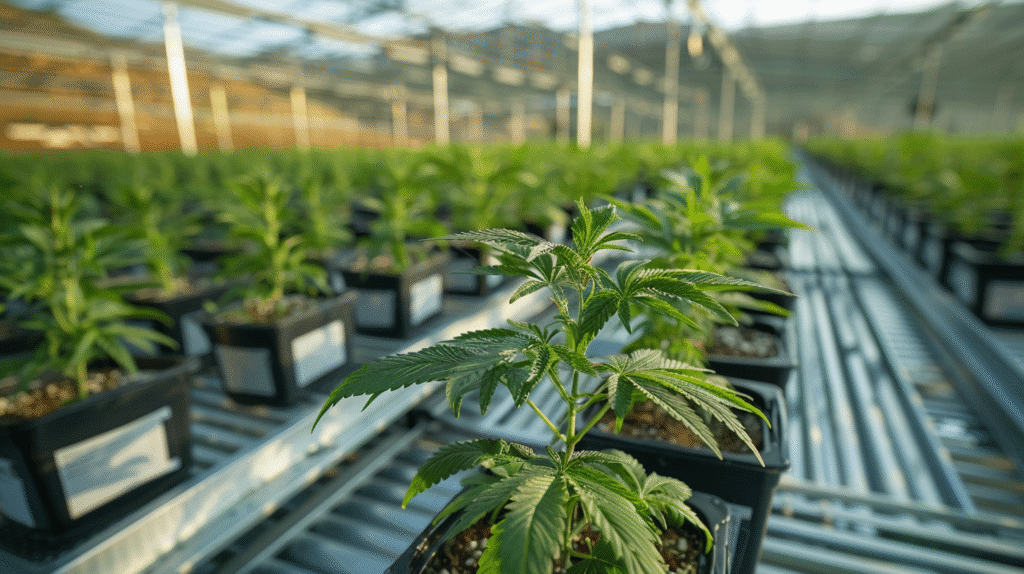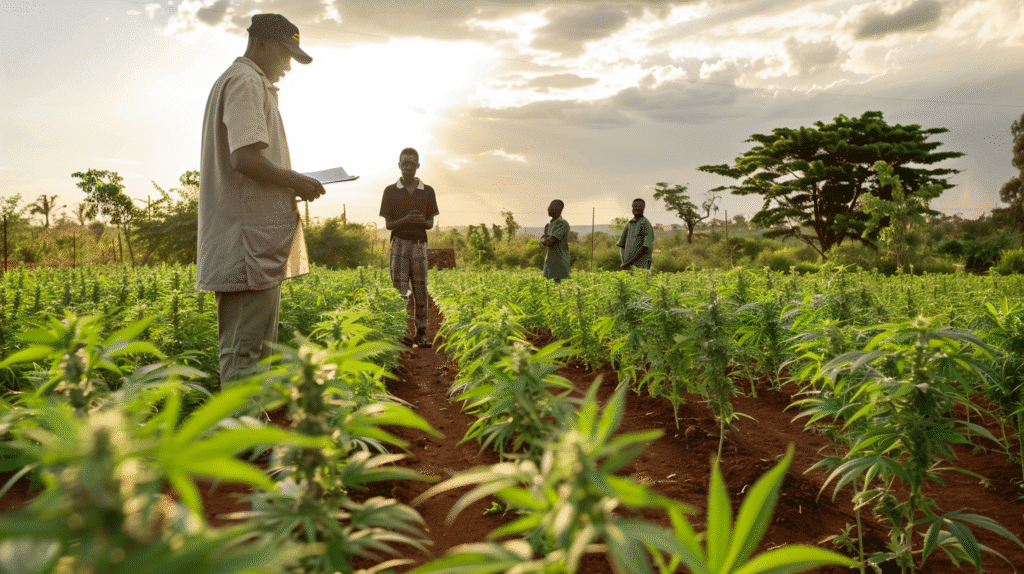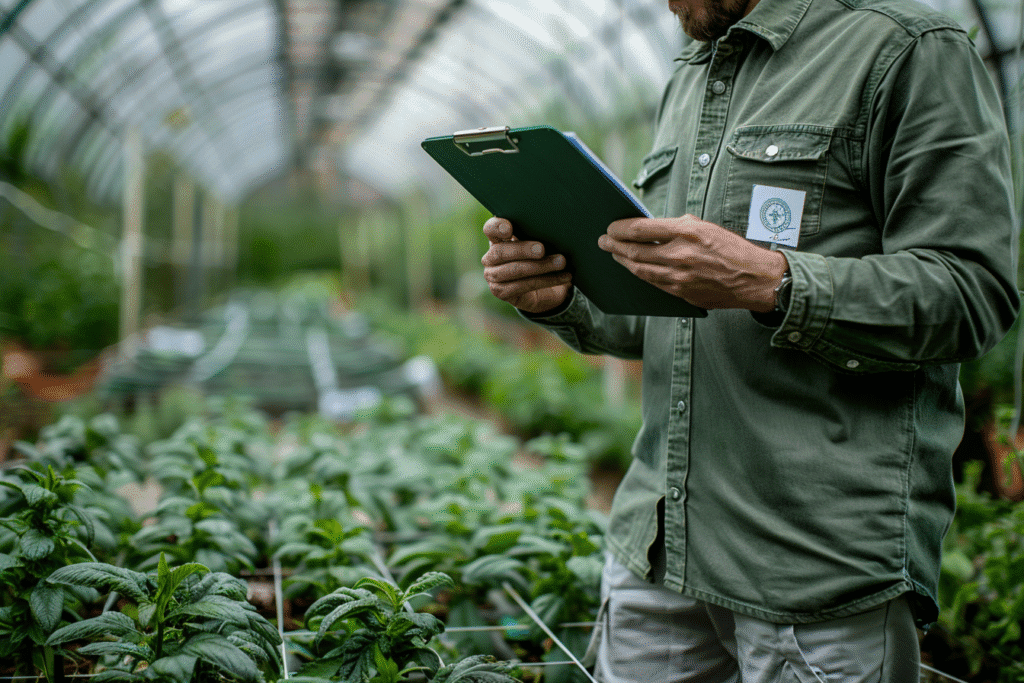Morocco’s First Legal Medical Cannabis Export Ships To Australia

Morocco has marked a historic milestone: a first legal cannabis medicine shipment has arrived in Australia—enabling system-wide operational capability at the level of cultivation, processing, compliance, and logistics.
Following Morocco’s multi-year effort to relocate portions of the Rif’s traditional production into an approved, added-value supply chain, ANRAC-approved farmer-processors and producers under intense industrial/medical controls have indeed shipped out an approved overseas shipment.
Quantities and types were not specified, but fact of approved overseas shipment has news significance—and a significant message to investors and buyers.
Strategically, Australia is a wise first market. Its pharma industry requires European-standard documentation and quality testing, providing Morocco with a testing ground for other potential export locations.
Legitimate channels are safer and provide consistent incomes for farmers, and to the state, they provide diversification, tax revenues, and reputational gains as a respectable supplier of medicines.
There are still challenges—mainly competing with the long established black market and facilitating timely cooperative payments—but this shipment demonstrates that Morocco is capable of meeting demanding import controls, as well as domestic licence checklists.
Ongoing shipments from Morocco are expected to show increased diversification across product categories (extracts, APIs, oils) and geographic markets.
To overseas buyers, an original and regulated Northern African product would introduce competition and price flexibility into supply chains that have previously relied on Canada and select European producers.
Source: hespress.com
South Africa Weighs Protection For Private Cannabis Clubs

An effort is underway in South Africa to legally license and control private cannabis clubs—member organizations who grow and provide weed to adult members under a not-for-profit, privacy-oriented model.
In the absence of retail regulations, clubs have served as a practical solution that balances constitutional protections with real-world access, developing their own standards for age verification, secure storage, and dispute resolution.
Supporters argue codification would guide usage into more secure channels, stimulate private players, and end enforcement unpredictability.
This proposal is reasonable in South African legal guidance as private use and possession were legalized by the Constitutional Court in 2018.
Formal regulations may provide the necessary guardrails—membership records, cultivation limits, inspection powers—while avoiding outright commercialization of the system.
Club enthusiasts see them as preferable to unregulated grey markets, pointing to successful models like European social clubs and South African dispensaries that operate beyond traditional legal frameworks.
A protected club model can potentially provide a distinctive South African model—expanding access among adults without generating a retail free-for-all, and providing regulators with more resources to promote harm reduction policies.
Source: hightimes.com
Spain’s Ondara Plants First Medical Crop In Soria

Ondara Directorate has planted its first crop of medicinal cannabis at the Garray Environmental Business Park, close to Soria—a production that began after receiving clearance from AEMPS in early July.
Their first planting was sown by the current team from mother stock, with a second in preparation.
In this inaugural campaign, Ondara is testing technical workflow under true-to-life situations—propagation, IPM, fertigation and harvesting—using each run to train new personnel before scaling up.
The company claims its short-term goal is to achieve GACP standards and be ready for EU-GMP alignment, placing Soria at the center of the medical supply chain in Europe.
Hiring will begin in September and when production ramps up, with the timeline dependent on AEMPS’ decision regarding Ondara’s proposal to double annual cultivation capacity.
For the province, traditionally a tobacco giant, the project brings additional high-skilled employment and diversification into the higher-paying agritech sector.
Source: mmjdaily.com
Uganda Grants Experimental Licence For Medical Cannabis

Uganda issued Bright Sparks Farm Limited an experimental permit to cultivate, harvest, and export medicinal cannabis under close police monitoring—a small but genuine step toward creating a legal framework.
Authorization was through a July 21 Minister of Internal Affairs’ letter, cc’d to the Inspector General of Police, and is limited to selected locations in Nakasongola and Luweero. Authorities state that licenses cannot be transferred and should be put through an audit to ensure compliance.
The legislation falls under the Narcotics and Psychotropic Substances (Control) Act 2023, which legalizes cultivation for medical production while imposing strict penalties for unauthorized activities.
While product specifications and schedules remain unclear, the license establishes controlled access for introducing Ugandan-grown products to international markets once quality standards are met—potentially attracting investment and technical development to rural areas.
Future proceedings will likely include on-site inspections, security protocols, import compliance verification, and testing for stability, contaminants, and traceability—all areas where robust state oversight is critical for export credibility.
Source: monitor.co.ug
Argentina’s First Organic-Certified Medical Cannabis

Government-owned CanMe of San Juan has become the first Argentine producer to receive organic certification for medical cannabis—an achievement the provincial government views as validation of sound agricultural practices and a significant competitive advantage.
National organic certification can potentially deliver premium pricing, consumer trust, and export readiness as regulators impose increasingly strict standards for pesticide residues and sustainability practices.
Certification serves to underpin CanMe’s efforts at uniform oil and plant material delivery and at developing an in-province labor force.
This geographical expansion establishes a reputational milestone for San Juan’s public model, positioning the province as a key reference point for compliant, traceable large-scale organic cannabis production.
It also creates a more stringent standard for other companies—and can push national policy towards more open, performance-based measures for medical cannabis cultivation.
If CanMe can combine its organic cultivation advantages with GMP-standard processing and documented stability data, Argentina could establish a strong position in the Latin American medical cannabis market and beyond.
Source: sisanjuan.gob.ar


